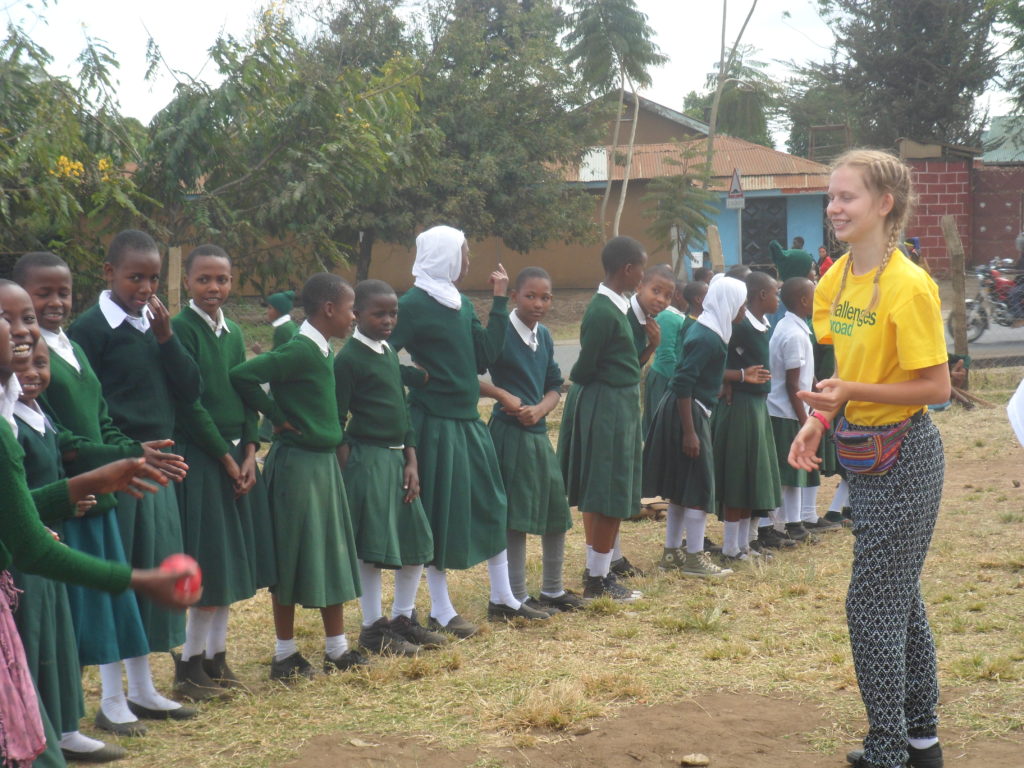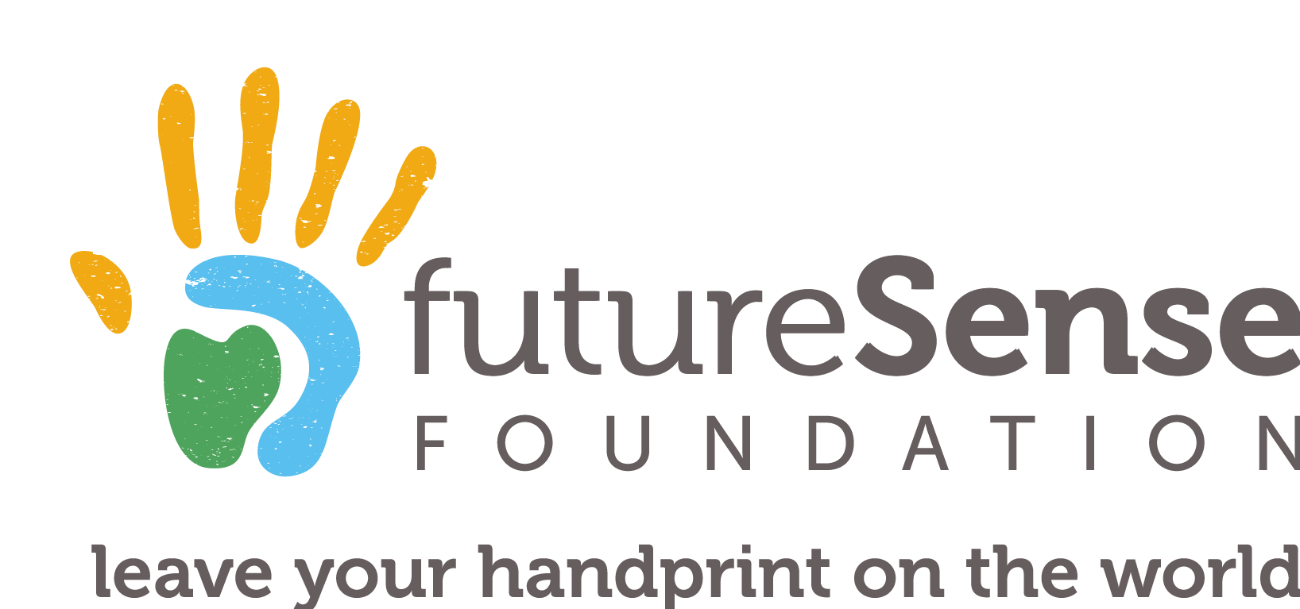Tanzania
Overview
Tanzania is the 13th largest country in Africa, situated in the East. It is home to two renowned tourism destinations – Africa’s highest mountain, Kilimanjaro, and wildlife-rich national parks such as the Serengeti. Languages spoken are Swahili and English, believe it or not Swahili is not too difficult to learn as it is phonetic, and you will be encouraged to try to speak it!
The town of Arusha is our base which is home to daily markets. It is full of hustle and bustle and people trading foodstuffs and crafts to make a living, including the The Masai people, there are around 430,000 in Tanzania many of whom live in remote villages.
There are 21 sub- districts within Arusha, and our work is based in Majengo which means ‘build’.
Population:
57 million
GDP:
58 billion
Life Expectancy:
65 years
The Challenges
As a developing nation Tanzania faces many challenges in their development. Education, Health and Environmental issues all pose barriers to children receiving quality Education, proper Healthcare and Health education along with access to clean water and sanitation. In addition, effects of Climate Change, land degradation and deforestation are having a huge impact on the 76% of rural people who rely on the natural environment for income generation and their livelihood.
Education
While Tanzania has seen tremendous growth and progress in the education sector over the last decade, the system still struggles to deliver quality education. Schools face extreme overcrowding, with the average government primary school classroom holding 66 students. In addition to this, in 2010, 68 000 children dropped out of primary school.
Health
There are major issues which the health system faces, that of maternal and child mortality. Malaria, HIV and AIDS are the most pressing health challenges faced and there is a greater need for health promotion. The country has recognised the shortages of health professionals as impacting very negatively on their ability to make progress. Life expectancy at birth currently sits at a staggering 55%.
Environment
Tanzania faces major issues with their environment such as land degradation and deforestation, issues both worsened by climate change. Accessibility to clean water is also a major issue. Prevalence of water-borne diseases is high and has a significant impact on the communities who consume this water. In addition to this, natural resources provide the main source of livelihood for 76% of rural people and 54% of households are using unprotected sources of drinking water.
Our Programmes
Our programmes in Tanzania are guided by the main challenges we have identified, particularly in relation to Education, and the provision of infrastructure to allow for clean water and health promotion. The UN SDG’s focused on throughout our programmes are No. 3 Good Health and Well-Being, No. 4 Quality Education and No. 6 Clean Water and Sanitation, in addition to many others being affected in a secondary focus.
Running conversational sessions is vital. The aim being to help improve the student’s English language skills and pronunciation, whilst also building their confidence in using English to communicate in different ways. We use classes such as drama, including role-playing and arts & crafts to foster inquisitive learning which boosts students opportunity for further education and employment in the future, as opposed to rote-learning from a blackboard.
The cultural exchange is vital and invaluable for these communities, by helping them learn English they are opening so many further opportunities for themselves and will be more driven to attend school, not drop out and have the confidence to grow into adulthood with confidence and goals and able to support the wider community
With the statistics produced on the lack of clean water, it was important to look at the infrastructure at our partner schools. Thus, embarking on building a water tank at some of our partner schools to harvest rain. This then enables the school to have better quality water and sanitation and of course recycle water to irrigate the land on which the vegetables grow.
By building a rain harvesting system the school can become more self -sufficient and not have to pay the government so much money for water. Therefore, using the money for other needs of the school. This will also make it much easier to sustain the vegetable growing initiative.
We have been concentrating on Life Skills to address some of the Environmental issues, concentrating on school children aged 12-13. This has included growing vegetables in the school grounds and running sessions on where and how to sell them by making posters and learning how to market their produce. This also allows us to address the importance of growing and eating fruit & vegetables.
The vegetable growing initiative increases overall community collaboration in supporting one another and the school, in order to generate income and reduce poverty levels.

